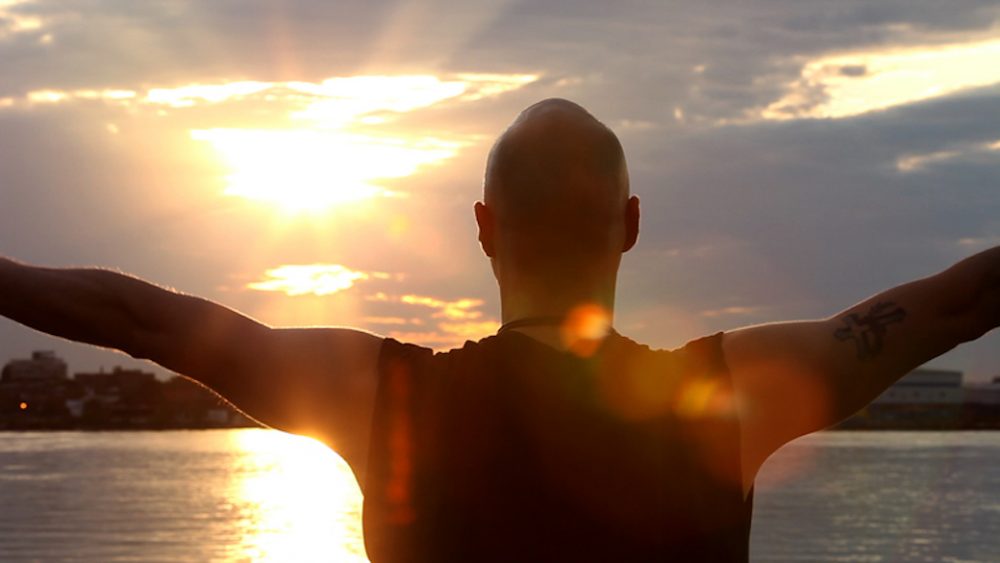Advertisement
Solar Burn: Why You Really, Truly Should Not Peek Bare-Eyed At The Eclipse
Resume
You've surely heard the warnings already, repeatedly: Do not look at the sun without eye protection during this eclipse.
But if you're still tempted to peek — if you're, say, the type who asks, "But why shouldn't I stick this fork into this plug socket?" — it may help to hear from an eye specialist who has studied those rare people who do gaze right into the sun — typically because of a psychiatric condition, or as part of a religious experience — and suffer what's called a "solar burn" to their eyes.
Dr. John Loewenstein of the Massachusetts Eye and Ear Infirmary says gazing at the sun during an eclipse, even a partial eclipse, is dangerous because "the sun puts out so much energy, and the eye focuses that energy on the retina, so that it can create a burn on your retina," causing a potentially permanent loss of vision.
To get a bit more specific:
"Light rays from the sun go through the cornea and the pupil of the eye," he says. "The cornea and the lens of the eye focus the light rays on the retina, and they come to the strongest focus at the center of your retina, in an area called the macula, which is where your best vision comes from. It's the only spot in the retina that's capable of seeing 20/20."
This intense light can damage the macula in two ways:
• "The most obvious one is having enough light energy get there, enough photons, that it creates heat, and the heat burns the retina. Many people, as kids, took a magnifying glass and a piece of paper and burned a hole in the paper using the magnifying glass. And that's what can happen to your retina by staring at the sun for even a few seconds."
• "And there's a second way you can damage the retina, and that's a photochemical reaction, where the retina does not get heated enough to be burned, but there can be bad things happening — in the little cells in the back of the retina that sense the light — from that much energy which cause them to die off."
Eye specialists routinely recommend sunglasses on bright days to protect your eyes, but Loewenstein says eclipse protection carries a whole different level of urgency.
"The eclipse glasses if you want to view the eclipse — that's a must," he said. "Sunglasses when you're out at the beach and playing golf and whatever, not a bad idea, but you're not going to hurt yourself if you forget once or twice."
This segment aired on August 21, 2017.
